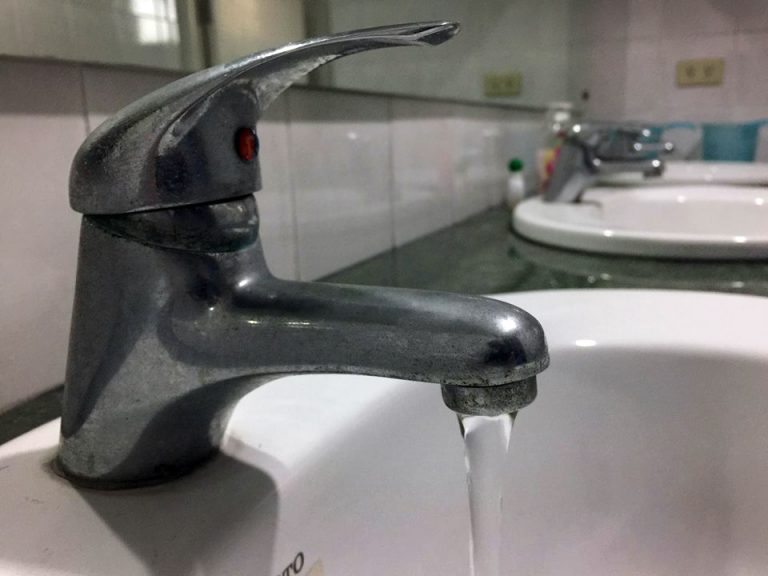
Amid soaring prices, the MWSS Board of Trustees has given the nod to higher water rates for Maynilad Water Systems Inc. This and impending Manila Water Company, Inc. rate increases are bound to burden consumers anew, said water rights group Water for the People Network (WPN). WPN urged the Metropolitan Waterworks and Sewerage System-Regulatory Office (MWSS-RO) to suspend the hike so as not to aggravate the difficulty of millions of low-income families in spending for their basic needs.
Approved by the MWSS Board is a Php5.73/cubic meter (cu. m.) hike for Maynilad as proposed by the MWSS-RO. Meanwhile, the proposed increase for Manila Water rates is Php6.26-Php6.55/cu. m.), which is set for deliberation within the month. These figures are the supposed results of the rate rebasing process. Every five years, government determines new water rates according to its review of the water companies’ petitioned rates vis a vis their past and projected expenses throughout the concession period.
Purportedly in consideration of consumers’ inflation woes, the MWSS-RO proposed for the increases to be collected in tranches, starting in October. Maynilad’s approved rate hike schedule begins at a weighted average of Php0.90/ cu. m.. Manila Water’s rate hike begins at a weighted average of Php1.50.
WPN however said that regardless of the scheduled tranches, any addition to current expenses further constricts spending for poor households. This includes millions of families whose incomes already fall way below the Php995 Family Living Wage (FLW) for a family of five. The daily minimum wage in the National Capital Region (NCR) totals Php512.
MWSS-RO computes that this October, the bills of households covered by Maynilad will increase by a net amount of Php6.53 for households consuming average 15 cu. m. per month and a net amount of Php13.68 for households consuming average 25 cu. m. per month. For Manila Water customers consuming the same average volumes of water, rates increase by a net amount of Php9.68 and Php20.30, respectively.
Aside from the basic charge, however, WPN noted that the all-in tariff includes other fees such as the foreign currency differential adjustment (FCDA), environmental charge, and the value-added tax (VAT). All-in tariffs are already at Php48.03/cu. m. for Maynilad and Php36.40/cu. m. for Manila Water as of July 2018.
The MWSS-RO has claimed that Maynilad’s approved rate hike is much lower than the company’s Php11.00 petitioned increase, as is the RO’s recommended increase for Manila Water compared to the latter’s Php8.30 proposed hike. This supposedly reflects the MWSS’ prohibition of the inclusion of the water firms’ corporate income tax and expenses unrelated to water services such as donations and recreation. WPN however said that the agency’s refusal to publicly show the documents proving this–prior to the approval of the MWSS Board–underscores that the rate rebasing process lacks transparency and authentic public consultation.
During the 2013 rate rebasing process, public clamor versus the discovered inclusion of such items in water bills led to the MWSS-RO’s rejection of the water concessionaires’ petitioned rates. Thus, per their concession agreement (CA) with the government, Maynilad and Manila Water subsequently appealed to international arbitration courts to demand compensation for lost revenues. The courts have ruled twice in favor of Maynilad. Manila Water, which the international courts have turned down, has a pending case.
Consumers face more tariff increases in the future, WPN said, because of government’s privatization of water despite its being a public utility. The group challenged the MWSS-RO to spare consumers of additional fees by stopping the hike. WPN also stressed the urgency of scrapping the CA, reversing water privatization and instituting strong government regulation over all public utilities. ###